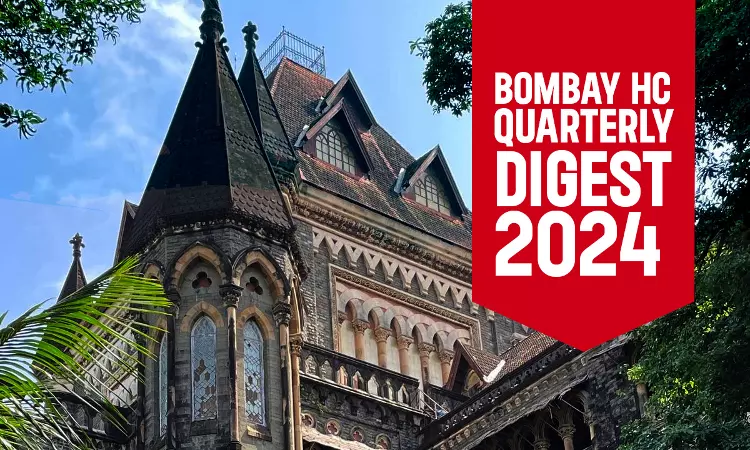Bombay High Court Quarterly Digest: January To March, 2024
Amisha Shrivastava
11 April 2024 2:10 PM IST

Next Story
11 April 2024 2:10 PM IST
Nominal Index [Citation 1 – 175]Rohit Dembiwal v. Tata Consultancy Services Ltd. & Ors 2024 LiveLaw (Bom) 1Mirza Himayat Baig v. State of Maharashtra 2024 LiveLaw (Bom) 2M/s. Hindustan Level Employees Union v. M/s. Hindustan Unilever Limited 2024 LiveLaw (Bom) 3ABC v. XYZ 2024 LiveLaw (Bom) 4Hiral Chandrakant Jadhav v. State of Maharashtra 2024 LiveLaw (Bom) 5XXX v. XXXX 2024 LiveLaw...
